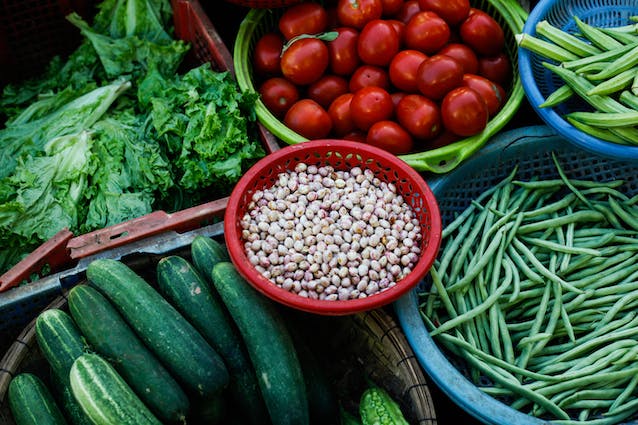Introduction: In a world dominated by fast-paced living and convenience, the term “organic” has emerged as a beacon of hope for those seeking a healthier and more sustainable way of life. From the food we eat to the products we use, the organic movement is gaining momentum, promoting not only personal well-being but also environmental stewardship. In this blog, we will explore the essence of organic living, its benefits, and how it extends beyond just a trend to become a conscious choice for a better future.
Understanding Organic: At its core, organic refers to a method of farming and production that avoids the use of synthetic pesticides, herbicides, and genetically modified organisms (GMOs). Instead, organic farming relies on natural processes, such as crop rotation, composting, and biological pest control, to enhance soil fertility and protect the environment.
Benefits of Organic Living:
- Nutrient-Rich Food: Organic farming prioritizes soil health, leading to crops with higher nutrient content. Studies suggest that organic produce may have higher levels of essential vitamins, minerals, and antioxidants, contributing to better overall health.
- Environmental Sustainability: By eschewing synthetic chemicals, organic farming reduces soil and water pollution, preserves biodiversity, and promotes healthier ecosystems. The absence of GMOs in organic agriculture also helps maintain the genetic diversity of plant and animal species.
- No Harmful Chemical Residues: Choosing organic means reducing exposure to harmful chemical residues commonly found in conventionally grown produce. This is particularly important for individuals with sensitivities or allergies to pesticides.
- Supporting Local Farmers: Organic farming often aligns with smaller, local operations. By choosing organic products, consumers support local farmers, fostering community development and ensuring a fairer distribution of resources.
- Animal Welfare: Organic farming practices extend to livestock, promoting ethical treatment and better living conditions for animals. This includes access to outdoor areas, organic feed, and the prohibition of antibiotics and growth hormones.
Incorporating Organic Living into Daily Life:
- Organic Food Choices: Start by choosing organic fruits, vegetables, and grains whenever possible. Explore local farmers’ markets or join a community-supported agriculture (CSA) program to access fresh, organic produce.
- Eco-Friendly Products: Extend organic living to household items by opting for eco-friendly, organic products. This includes everything from organic cotton clothing to biodegradable cleaning supplies.
- Grow Your Own: Consider cultivating your own organic garden, even if it’s just a small herb garden on a balcony. This not only provides fresh, organic produce but also connects you with the process of growing your food.
- Educate Yourself: Stay informed about the principles of organic living and the benefits it brings. Understanding the impact of our choices empowers us to make informed decisions that align with our values.
